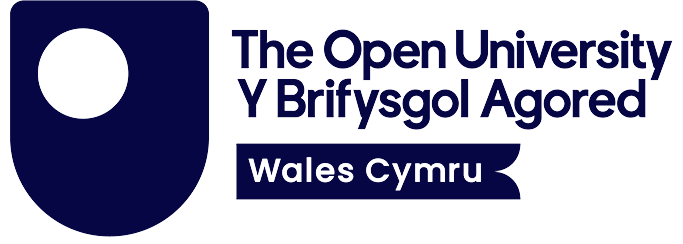It has been almost two and a half years since my first training day with the Physics Mentoring Project. Writing this blog post for International Women’s Day gives me the chance to reflect on the experiences I have had working in STEM and how mentors are providing positive experiences in schools.
Thinking all the way back to my first training day, I remember the session delivered by the IOP. One of the big topics covered was unconscious bias and this was done with a lot of references to research. This helped a lot in designing mentoring sessions and lead to open conversations about student’s thoughts. I began to realise just how subtle bias can be which had an impact on the lessons I delivered during my PGCE. I remember getting great feedback during my PGCE for giving representation of different groups in lessons I delivered which had become almost habitual practice because of my time on the mentoring project.
This year’s theme for International Women’s Day is #BreaktheBias. If you search that hashtag, you will find lots of amazing work from different people and organisations around the world. Often less is said about what that bias actually looks or feels like beyond a statistic. I spoke to friends this week about their experiences in STEM; one told me about realising they were the only woman in a meeting or seeing no minority groups in senior job roles. Another friend recounted feeling the need to defend her arguments more than her male counterparts. Others mentioned being told STEM subjects were too hard at A-level or seeing siblings of the opposite gender treated differently at school. These are all simple examples, but the big picture is that at any age it can be harder for minorities to get into and stay in STEM. Ultimately that lack of diversity hinders everyone.
It is great to know that current mentors will have a positive impact on students by acting as role models and talking about the people that inspired them. The physics mentoring project helps to give a fresh view of physics to students and gives them a space to be open and ask questions they might be scared to ask a teacher. A few of the experiences of bias I mentioned have a common thread of feeling out of place and mentors building rapport and designing lessons with focus on representation goes a long way in making mentees feel heard. For mentors it is also great that they have their own diverse community to share ideas and feel supported at the same time.
I hope all the wonderful mentors and mentees leave the project feeling that the community engagement they have been a part of has had a positive impact and that they continue to advocate for everyone. It also goes without saying, thank you to the people who have shared their honest experiences with me this week.





